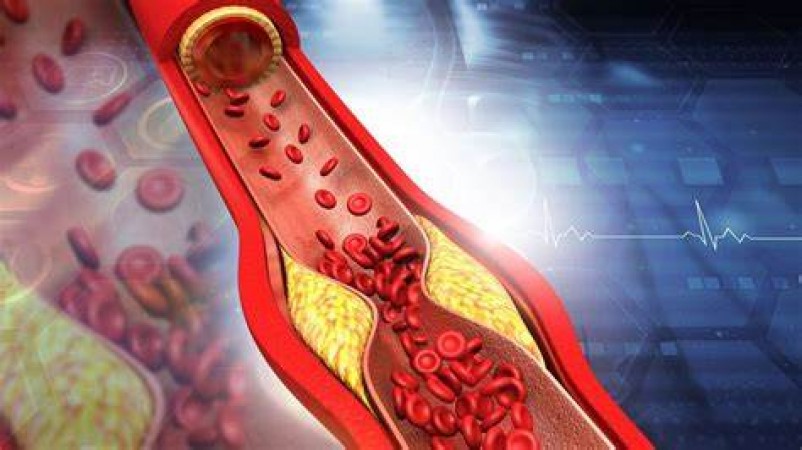
Cholesterol is a crucial component of our body, often associated with health risks when it's too high. However, not many are aware of the potential dangers of having cholesterol levels that are too low. In this article, we'll explore the consequences of excessively low cholesterol levels and why maintaining a balance is essential for overall well-being.
Cholesterol is a waxy, fat-like substance found in every cell of the body. It plays a vital role in building cell membranes, producing hormones, and aiding in the digestion of fats. Cholesterol circulates in the bloodstream in two main forms: low-density lipoprotein (LDL) and high-density lipoprotein (HDL).
LDL cholesterol is often referred to as the "bad" cholesterol because high levels can lead to the buildup of plaque in the arteries, increasing the risk of heart disease and stroke.
HDL cholesterol, on the other hand, is considered the "good" cholesterol as it helps remove LDL cholesterol from the bloodstream, reducing the risk of artery blockages.
While elevated LDL cholesterol levels are a known risk factor for cardiovascular diseases, having cholesterol levels that are too low can also pose health risks. Here are some potential consequences:
Cholesterol is crucial for brain health. It is a key component of the cell membranes in the brain and is involved in the formation of synapses, which are essential for learning and memory. Extremely low cholesterol levels may impair cognitive function and increase the risk of neurodegenerative disorders.
Research has suggested a link between low cholesterol and mood disorders such as depression and anxiety. Cholesterol is involved in the production of neurotransmitters like serotonin, which play a role in regulating mood. Inadequate levels of cholesterol may disrupt this balance.
Cholesterol is a precursor to the production of steroid hormones, including cortisol, estrogen, and testosterone. Insufficient cholesterol levels can lead to hormonal imbalances, affecting various bodily functions, including the menstrual cycle and fertility.
Cholesterol is also vital for the immune system. It helps in the formation of cell membranes for immune cells and is involved in the body's defense mechanisms. Low cholesterol levels may weaken the immune response, making individuals more susceptible to infections.
Cholesterol plays a role in the absorption of fat-soluble vitamins, including vitamins A, D, E, and K. Low cholesterol levels can hinder the body's ability to absorb these essential nutrients, leading to deficiencies and related health problems.
Maintaining an optimal cholesterol level is crucial for overall health. It's essential to strike a balance between too much and too little cholesterol. Lifestyle factors such as a balanced diet, regular exercise, and avoiding smoking can help regulate cholesterol levels.
If you suspect your cholesterol levels are too low, it's important to consult a healthcare professional. They can assess your overall health and recommend appropriate interventions to ensure your cholesterol levels are within a healthy range. In conclusion, while high cholesterol levels are a well-known health concern, excessively low cholesterol levels can also have adverse effects on various aspects of health, including brain function, mood, hormones, immunity, and nutrient absorption. Striving for a balanced cholesterol level is vital for overall well-being.
Causes of Stomach Gas and Ways to Find Relief
One night old stale bread will give more strength than vegetables and fruits